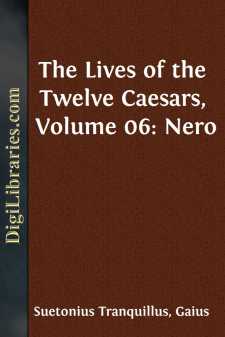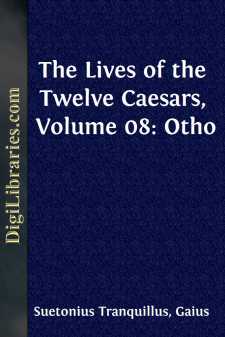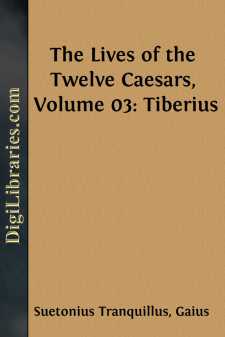Categories
- Antiques & Collectibles 13
- Architecture 36
- Art 48
- Bibles 22
- Biography & Autobiography 815
- Body, Mind & Spirit 144
- Business & Economics 28
- Children's Books 18
- Children's Fiction 14
- Computers 4
- Cooking 94
- Crafts & Hobbies 4
- Drama 346
- Education 58
- Family & Relationships 59
- Fiction 11829
- Games 19
- Gardening 17
- Health & Fitness 34
- History 1378
- House & Home 1
- Humor 147
- Juvenile Fiction 1873
- Juvenile Nonfiction 202
- Language Arts & Disciplines 89
- Law 16
- Literary Collections 686
- Literary Criticism 179
- Mathematics 13
- Medical 41
- Music 40
- Nature 179
- Non-Classifiable 1768
- Performing Arts 7
- Periodicals 1453
- Philosophy 65
- Photography 2
- Poetry 896
- Political Science 203
- Psychology 44
- Reference 154
- Religion 515
- Science 126
- Self-Help 85
- Social Science 82
- Sports & Recreation 34
- Study Aids 3
- Technology & Engineering 59
- Transportation 23
- Travel 463
- True Crime 29
Our website is made possible by displaying online advertisements to our visitors.
Please consider supporting us by disabling your ad blocker.
The Lives of the Twelve Caesars, Volume 06: Nero
Description:
Excerpt
NERO CLAUDIUS CAESAR.
(337)
I. Two celebrated families, the Calvini and Aenobarbi, sprung from the race of the Domitii. The Aenobarbi derive both their extraction and their cognomen from one Lucius Domitius, of whom we have this tradition: —As he was returning out of the country to Rome, he was met by two young men of a most august appearance, who desired him to announce to the senate and people a victory, of which no certain intelligence had yet reached the city. To prove that they were more than mortals, they stroked his cheeks, and thus changed his hair, which was black, to a bright colour, resembling that of brass; which mark of distinction descended to his posterity, for they had generally red beards. This family had the honour of seven consulships [548], one triumph [549], and two censorships [550]; and being admitted into the patrician order, they continued the use of the same cognomen, with no other praenomina [551] than those of Cneius and Lucius. These, however, they assumed with singular irregularity; three persons in succession sometimes adhering to one of them, and then they were changed alternately. For the first, second, and third of the Aenobarbi had the praenomen of Lucius, and again the three following, successively, that of Cneius, while those who came after were called, by turns, one, Lucius, and the other, Cneius. It appears to me proper to give a short account of several of the family, to show that Nero so far degenerated from the noble qualities of his ancestors, that he retained only their vices; as if those alone had been transmitted to him by his descent.
II. To begin, therefore, at a remote period, his great-grandfather's grandfather, Cneius Domitius, when he was tribune of the people, being offended with the high priests for electing another than himself in the room of his father, obtained the (338) transfer of the right of election from the colleges of the priests to the people. In his consulship [552], having conquered the Allobroges and the Arverni [553], he made a progress through the province, mounted upon an elephant, with a body of soldiers attending him, in a sort of triumphal pomp. Of this person the orator Licinius Crassus said, "It was no wonder he had a brazen beard, who had a face of iron, and a heart of lead." His son, during his praetorship [554], proposed that Cneius Caesar, upon the expiration of his consulship, should be called to account before the senate for his administration of that office, which was supposed to be contrary both to the omens and the laws. Afterwards, when he was consul himself [555], he tried to deprive Cneius of the command of the army, and having been, by intrigue and cabal, appointed his successor, he was made prisoner at Corsinium, in the beginning of the civil war. Being set at liberty, he went to Marseilles, which was then besieged; where having, by his presence, animated the people to hold out, he suddenly deserted them, and at last was slain in the battle of Pharsalia. He was a man of little constancy, and of a sullen temper....












